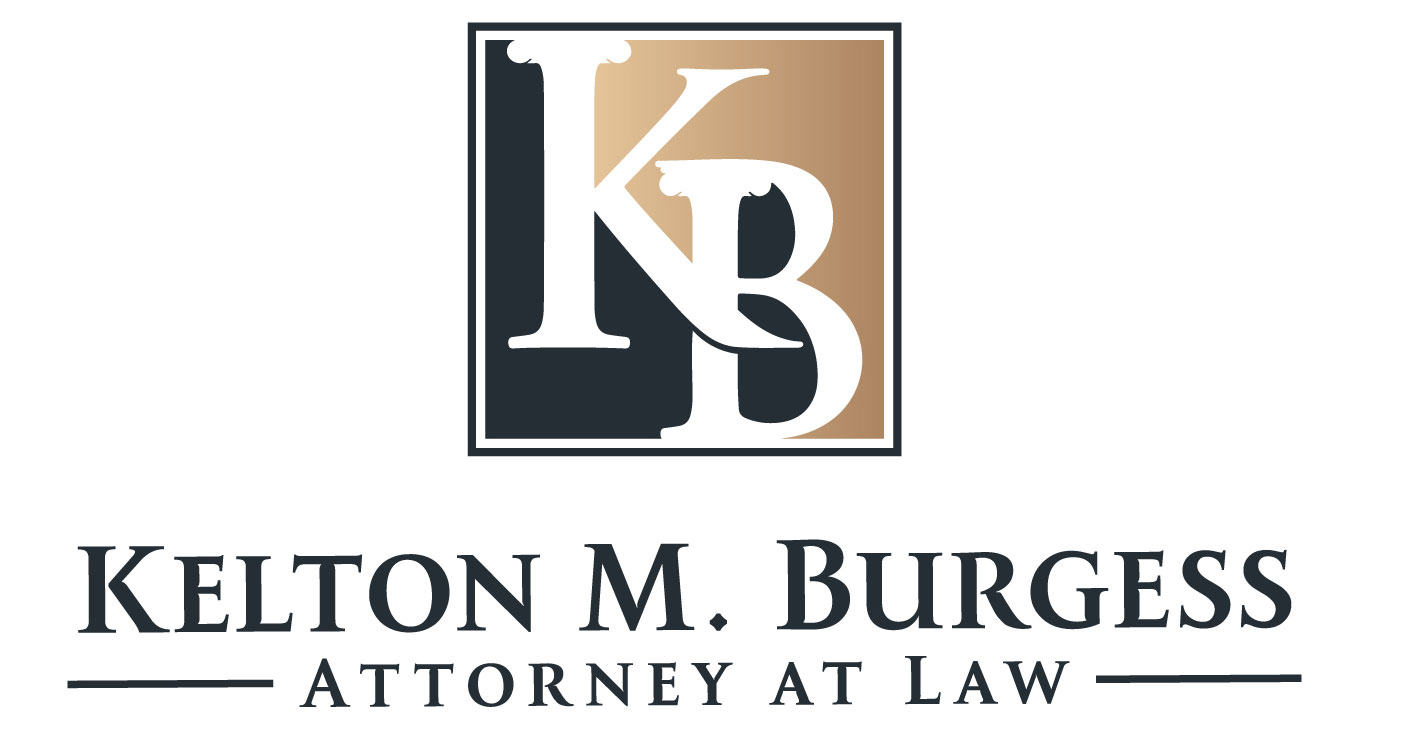Put Decades of Legal Experience to Work for You
Hire our estate planning attorney in Pittsburgh, PA
Honoring your loved one's final wishes is a top priority. But it can be difficult to focus on estate decisions while you're grieving. That's why we're here to help. The Law Offices of Kelton M. Burgess has a top-notch estate planning attorney serving clients in Pittsburgh, PA. We'll ensure that your family member's assets, debts and property are handled appropriately.
We're here to take the weight off your shoulders. If you're ready to partner with a trusted local law firm, call 412-212-0273 today.

Here to help you secure your legacy
When it comes to partnering with a law firm, you'll be glad you called on the Law Offices of Kelton M. Burgess. We pride ourselves on our personal approach, attention to detail and clear communication. Whether we're helping you to draft a will or protect your assets, we'll be here for you every step of the way.
Find out what we can do for you
Thanks to our 20 years of legal experience, we're able to help our clients with all sorts of legal issues. You can rely on our estate planning attorney for:
Estate planning services:
We can help you draft a will, power of attorney or trust
Probate assistance services:
We can help protect your inheritance when claims are filed against it
Asset protection services:
We can help you plan for Medicaid or set up an irrevocable trust
We're proud to offer free consultations.
To make an appointment with our local law firm, reach out to us today.
